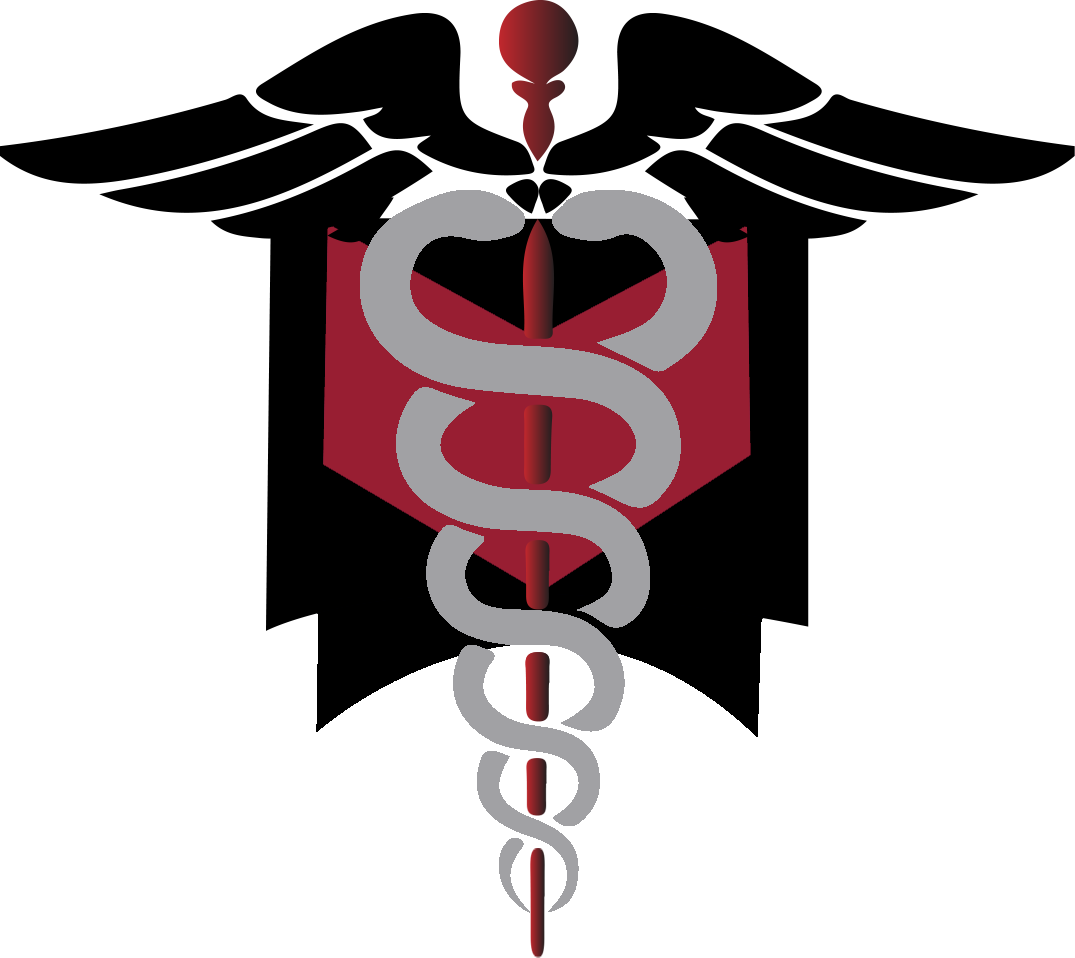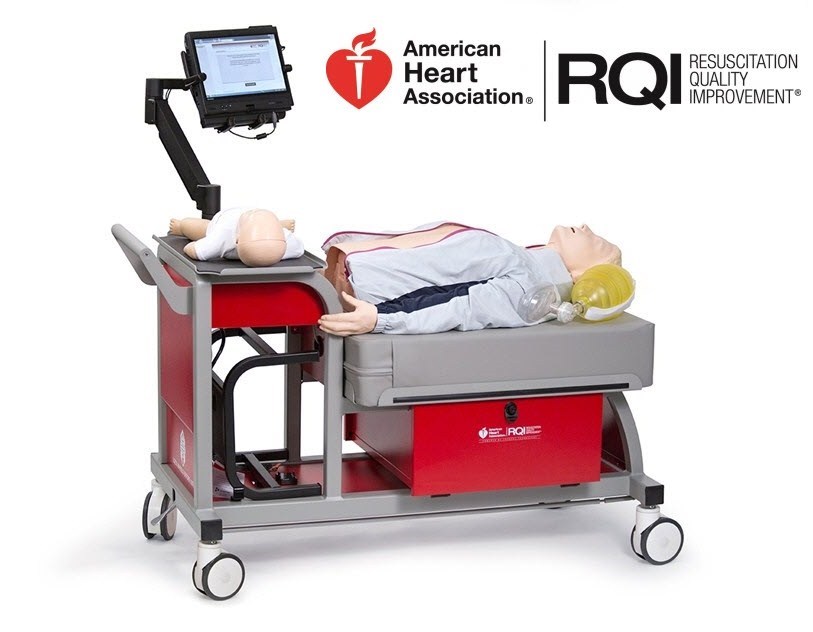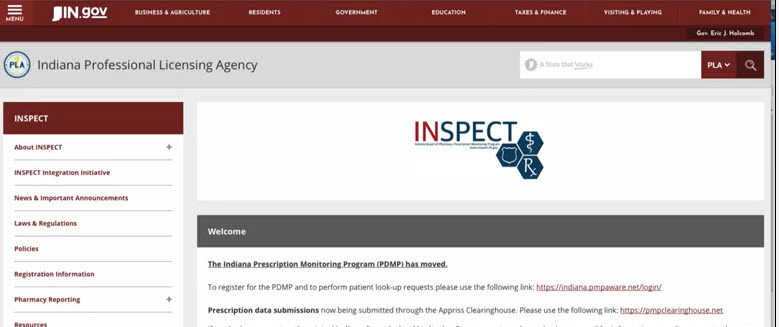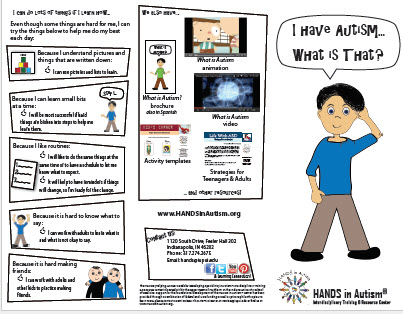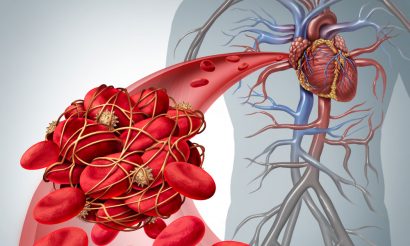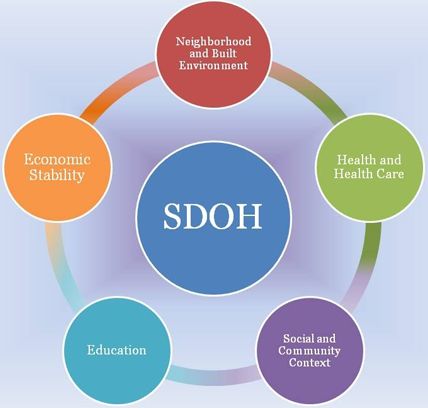Newsletter
January 2020
Effective January 20th: IU Health CPR Training Changes for Residents & Fellows
Over the coming months, IU Health will fully transition to Resuscitation Quality Improvement (RQI) training for those residents and fellows who are required to maintain certification for BLS, ACLS and PALS. Historically, caregivers have been required to attend classroom training for American Heart Association Basic Life Support (BLS), Advanced Life Support (ALS) and Pediatric Life Support (PALS).
WHAT IS RQI?
RQI is a new program from American Heart Association for BLS, ACLS, and PALS training. This innovative, new approach to life support training eliminates the need to attend instructor-led classes. There are two main components of RQI completed on a quarterly basis:
- A core skills competency portion (approximately 5 to 7 minutes that team members will complete at RQI Stations conveniently located at or near the workplace), and
- An “eSim” (interactive, web-based training) that may be completed (In about 20 minutes) at any computer.
WHY RQI?
RQI provides quarterly exposure to simulation scenarios and skills practice, which prevents the natural decline in skills and knowledge that occurs with bi-annual classroom sessions. A two-year pilot of this program at IU Health Methodist Hospital had positive outcomes on skills quality, eliminating scheduling challenges, improving compliance and increasing team member satisfaction.
RQI training has already been implemented at IU Health Methodist, IU Health University Hospitals and Riley Hospital for Children at IU Health.
In 2020, IU Health will implement RQI for residents and fellows who are required to fulfill requirements for American Heart Association Basic Life Support (BLS), Advanced Life Support (ALS) and Pediatric Advanced Life Support (PALS).
Implementation of RQI for medical students will be forthcoming in late 2020.
Timeline:
Currently, we plan to implement RQI for residents and fellows on January 20, 2020. Once assigned, learners using RQI will be required to maintain quarterly completion of skills and online modules to maintain AHA e-credentials. As mentioned above, the AHC has already begun utilization of RQI and Indy Suburban Region and East Central Region will begin on January 6, 2020. South Central and West Central Region will implement in Q2 of 2020. IUHP will also phase in during Q1 and Q2.
Resources:
Additional resources will be made available in the coming weeks with FAQs and other resources to assist learners with navigating RQI. These resources will also include cart locations throughout the IUH System. Please continue to monitor updates on the Center for Physician Education CPR Resource page at: https://iuhealthcpe.org/web/bls
For technical questions and assistance in relation to RQI, please contact Kris Olsen, senior project manager-education, Emergency Response Training.
Effective January 2nd: New INSPECT Law Changes
To help address the opioid epidemic among Hoosiers, Indiana passed new legislation in 2017 requiring all licensed Indiana practitioners to register with INSPECT, the state’s prescription drug database. Earlier this year, it became a requirement for clinicians treating patients in an emergency department or in a pain management clinic to check INSPECT prior to prescribing any opioid or benzodiazepine.
Now, the requirement is about to expand. Here are five things IU Health clinicians should know:
- Effective Jan. 2, 2020: INSPECT will be fully integrated into the Cerner electronic medical record platform on Jan. 2, 2020. At the time, it will be Indiana state law for all clinicians to view the INSPECT report in Cerner before writing a prescription for an opioid or benzodiazepine.
- Cerner integration keeps it simple: To make this process more convenient for clinicians, INSPECT is integrated directly into the Cerner workflow. It only takes a few seconds for providers to access the report. CLICK HERE to watch a short video or refer to this job aid for more information.
INSPECT is an important patient safety tool: INSPECT allows doctors and pharmacists to check a patient’s drug history with the hopes of preventing over-prescribing and drug-seeking behaviors. Checking INSPECT helps clinicians better assess the prescribing of opioids or benzodiazepines.
- It’s a state requirement: When INSPECT is integrated into the EMR platform, state law requires that all clinicians view a patient’s INSPECT report prior to writing a prescription for an opioid or benzodiazepine. Failing to do so may lead to a clinician being reported to the state licensing board.
- Registration reminder: All clinicians were required to register with INSPECT earlier this year. If you have not registered, complete your registration online today (for “employer name” use your practice group name; for “employer address” use your practice site address).
IU Health is committed to doing all we can to address opioid addiction and abuse. Thank you for your compliance with these new standards.
If you have any questions, contact the Service Desk or your local Clinical Informatics leader.
What is Autism?
The “What is Autism?” brochure is an excellent and easy-to-understand way to provide others with information about the signs and symptoms of autism spectrum disorder (ASD). Did you know that this brochure is also available in Spanish? Consider making these brochures available in both Spanish and English around your healthcare facility to best support and inform your patients and their families.
For questions or to access additional resources for your families and caregivers, check out the HANDS in Autism® website or email hands@iupui.edu.
Need CME Credits? Venous Thromboembolism (VTE) Clinical Scenarios Video
CLICK HERE to view this VTE Clinical scenario course, you will learn how to: Identify the symptoms and physical signs of VTE. Describe when to use D-Dimer and how to follow up with specific population with PE. Explain when to use CPTA and V/Q scan to diagnose PE. Identify when and how to use the PERC rule, PVI and other tools compared to clinical gestalt for estimating pretest probability of a PE diagnosis. Describe how biomarkers, echoes, and the presence of a saddle embolus impact the decision for admission into the hospital. Explain what the difference in effectiveness and side effect profile between the different NOACs when prescribing them for certain patients.
At the end of this course and survey you will receive 0.5 CME credits.
CDC - Updates on the Outbreak of Lung Injury Associated with the Use of E-Cigarette, or Vaping, Products
For up-to-date information on CDC findings on lung injuries associated with the use of e-cigarettes/vaping products click here.
Laboratory data support previous findings that vitamin E acetate is closely associated with EVALI.
- This study analyzed samples from 51 EVALI cases from 16 states and a comparison group of samples from 99 healthy people for vitamin E acetate, plant oils, medium chain triglyceride (MCT) oil, coconut oil, petroleum distillates, and diluent terpenes.
- Vitamin E acetate was identified in bronchoalveolar lavage (BAL) fluid samples (fluid samples collected from the lungs) from 48 of the 51 EVALI patients, but not in the BAL fluid from the healthy comparison group.
Based on the findings on EVALI patient rehospitalization and death, CDC has updated its guidance to clinicians to minimize these outcomes.
- The updated clinical guidance recommends that hospitalized patients be documented as clinically stable for 24–48 hours prior to discharge.
- Patients should have a follow-up visit with a primary care provider or pulmonary specialist, optimally within 48 hours of discharge—a shorter follow-up time than the previous recommendation of 1–2 weeks.
- Healthcare providers should continue to report cases of EVALI to their state or local health department.
CDC Research on Social Determinants of Health (SDOH)
Conditions in the places where people live, learn, work, and play affect a wide range of health risks and outcomes. These conditions are known as social determinants of health (SDOH). CLICK HERE for resources and information from the Center for Disease Control (CDC).
